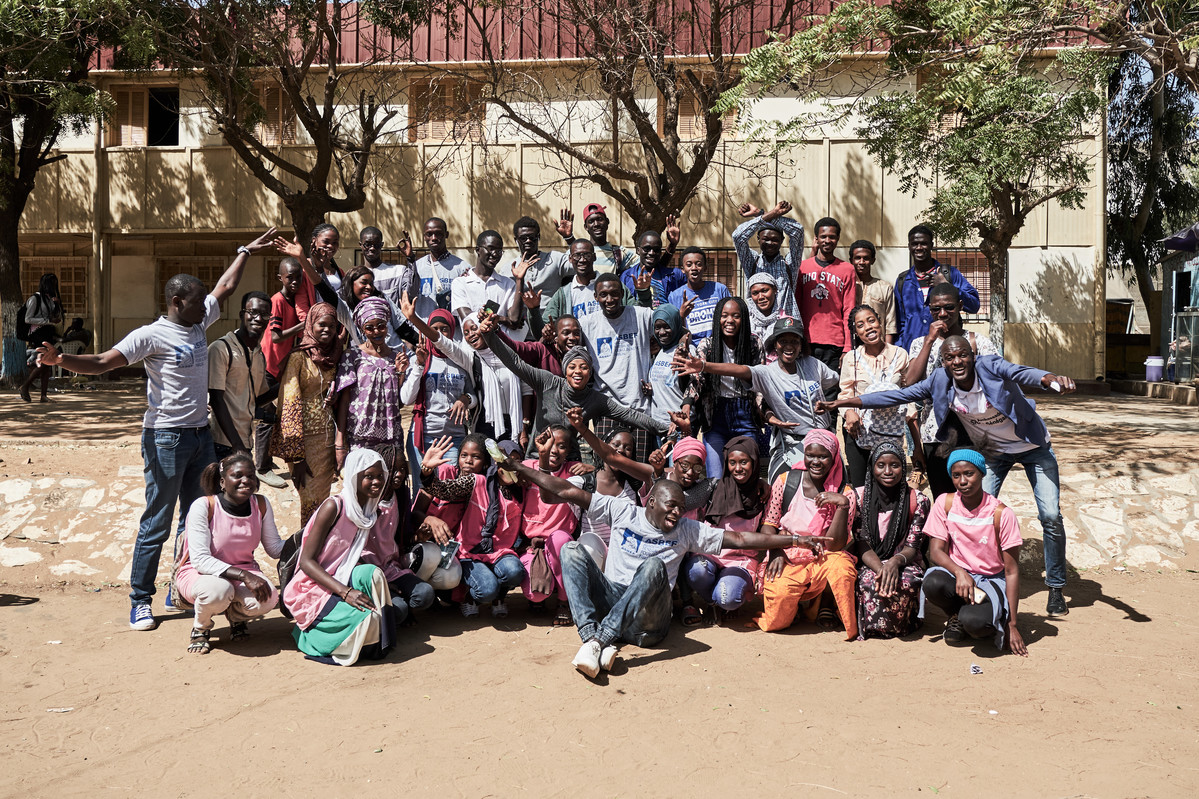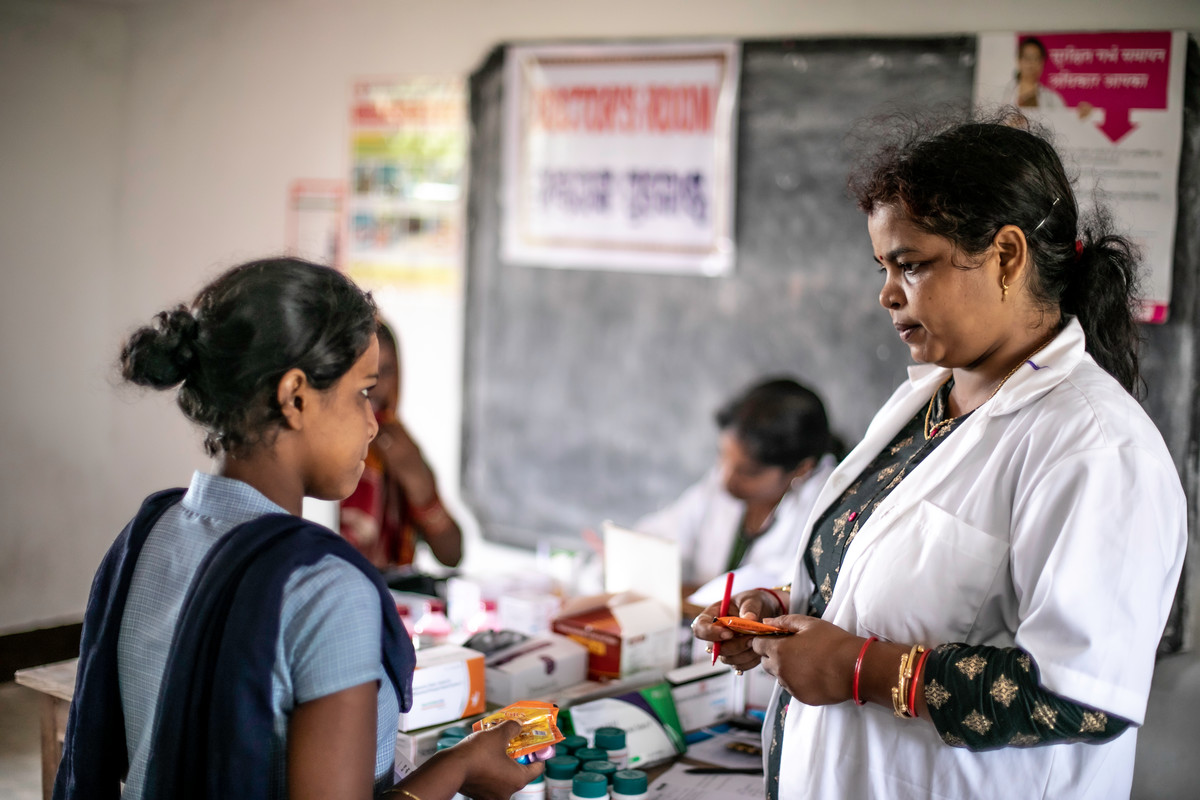Updated:19 March 2020
Update: This appeal is now closed and all funds raised by 18 March were transferred to our partner the China Family Planning Association to contribute to their services. Further funds raised through the appeal will be used to help our Member Associations impacted by coronavirus.
As of 10 February 2020, the novel coronavirus outbreak in China is ongoing and the number of cases continues to rise. In addition to the risk from the virus itself, there is a critical impact on the safe provision of other vital health services in China, including sexual and reproductive healthcare.
IPPF’s member association in China, the China Family Planning Association (CFPA), has millions of volunteers and staff providing people with information, education, counselling and social services related to family planning, maternal and child health, healthier childbearing and adolescent sexual and reproductive health.
We’re launching an appeal to give as much assistance to them as we can. That includes help in reducing the chance of contracting or transmitting the virus. It’s vital that volunteers and staff stay as safe as possible as they continue to support vulnerable groups, including women, young people and migrants.
IPPF’s Director-General Dr Alvaro Bermejo said:
“Global support for China is needed now. IPPF’s member association in China, the China Family Planning Association, is playing a vital role in maintaining its services as much as possible throughout the outbreak. In turn, we are going to do as much as we can to support CFPA’s volunteers and staff. That will include supplying badly needed commodities such as face masks, along with other prevention measures. China’s emergency is our emergency too.”
CFPA’s Standing Vice President Mr. Wang Peian said:
“The work of our volunteers and staff remains vital. CFPA is actively involved in disseminating knowledge about novel coronavirus, sourcing and distributing masks, assisting the health department by monitoring the health situation in communities on a daily basis, and setting up hotlines for psychological consultations. We continue to provide sexual and reproductive healthcare across China, as well as other provisions for both medical professionals and patients to help stop the spread of novel coronavirus especially for vulnerable people. We are grateful for the support of IPPF, and to everyone who makes a donation.”
Our emergency fund will allow us to reach more people with these much needed, and overlooked, services. 100% of donations made to this fund by 18 March were transferred to our partner the China Family Planning Association to contribute to their services.
Want to know more? Take a look at the World Health Organization's latest information on novel coronavirus.












